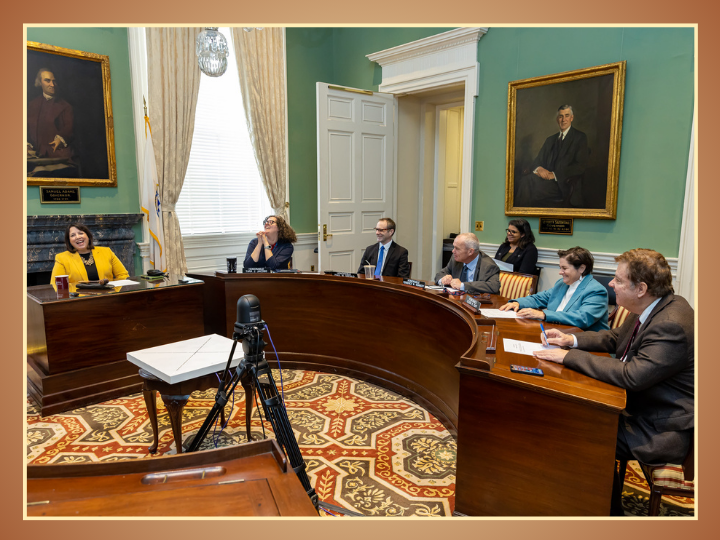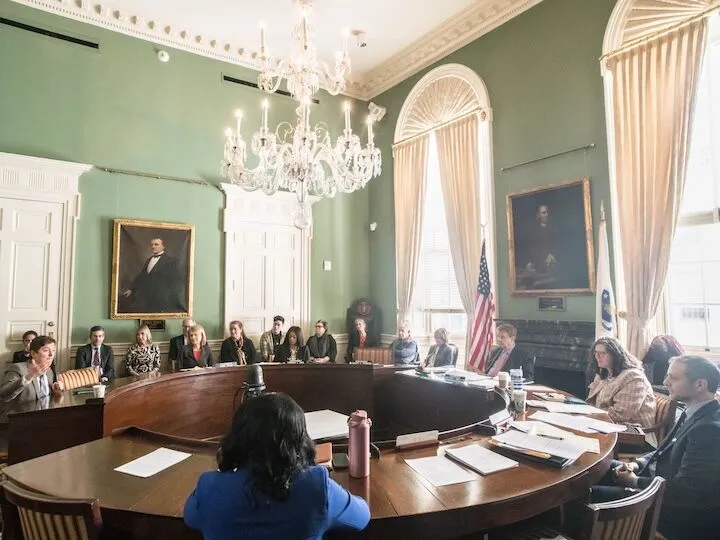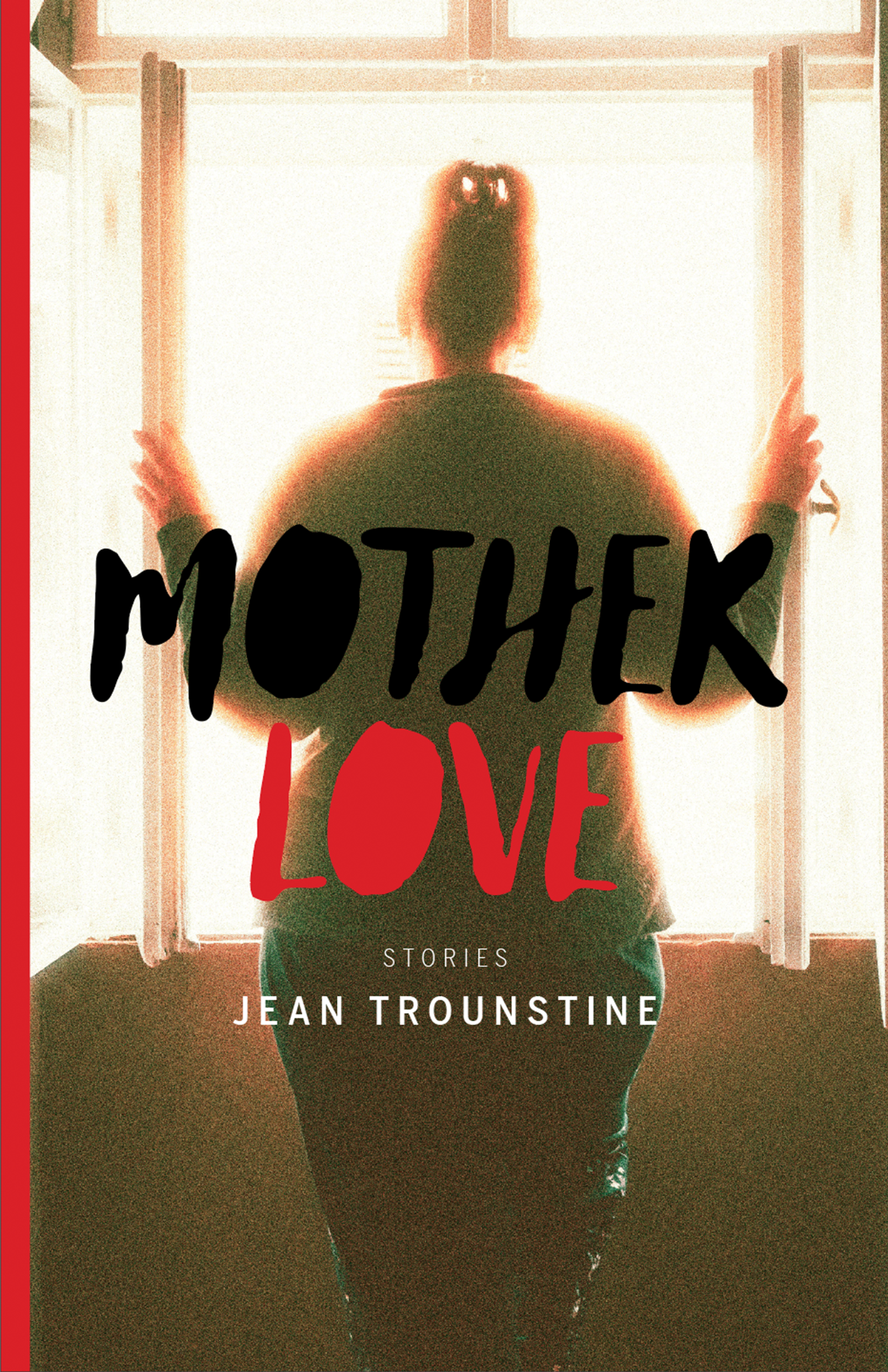 Pictured: Lt. Gov. Kim Driscoll chairs her first Governor’s Council meeting at the State House on Feb. 8, 2023 | Image via Joshua Qualls/Governor’s Press Office
Pictured: Lt. Gov. Kim Driscoll chairs her first Governor’s Council meeting at the State House on Feb. 8, 2023 | Image via Joshua Qualls/Governor’s Press Office
Just in time for the September 3rd primary-– know your Governor’s Council! In part 3, “Who are the Massachusetts governor’s councilors? What professional baggage do they bring to the body? And can this motley crew stumble toward reform?”
It begins:
“Though an obscure body, the Massachusetts Governor’s Council wields enormous constitutional power. The eight-member council, established in 1629, votes on judicial, Parole Board, and other court nominations from the governor. It also approves or disapproves her recommendations for pardons and commutations, most sanctioned by the Parole Board.
Since 1854, a seat on the Governor’s Council has been an elected position, but most residents have no idea who their councilor is. It’s common for incumbents to run unopposed, like in two of the eight districts in the current election cycle.
Critics who want to see the council abolished call it a rubber stamp for the governor. Among other observations, they note how councilors approved all but one of former Gov. Charlie Baker’s 350 nominees in an eight-year stretch, with only five people withdrawing their nominations when they realized they would not be approved. The People’s Parity Project (PPP), a coalition of law students and attorneys who want a more democratized legal system, have asked why councilors don’t scrutinize nominations more carefully.
During six months of research for this series, we have also heard from some stakeholders who claim the council can be salvaged. A number of them said that voters should impugn the current councilors and implore them to represent their constituents’ interests. Others put more weight into reforming council practices than into changing the cast of characters. And yet another faction wants to change representation, arguing that the way Massachusetts residents vote for councilors makes no sense. They point to how there has been only one person of color on the body in its 400-year history. READ THE FULL ARTICLE HERE





 Pictured: Lt. Gov. Kim Driscoll chairs her first Governor’s Council meeting at the State House on Feb. 8, 2023 | Image via Joshua Qualls/Governor’s Press Office
Pictured: Lt. Gov. Kim Driscoll chairs her first Governor’s Council meeting at the State House on Feb. 8, 2023 | Image via Joshua Qualls/Governor’s Press Office